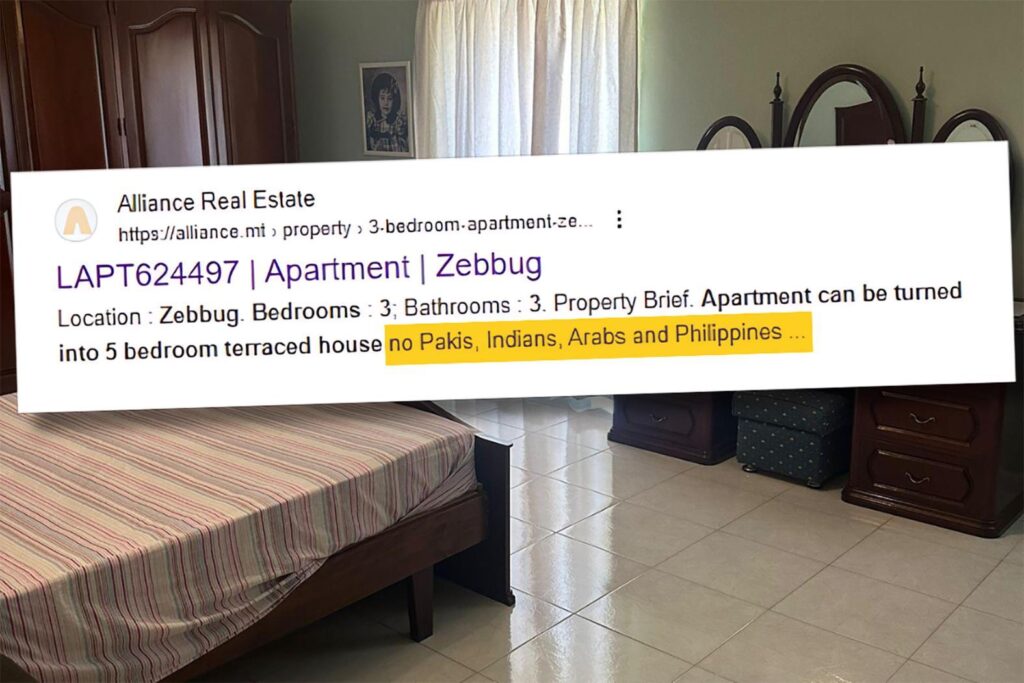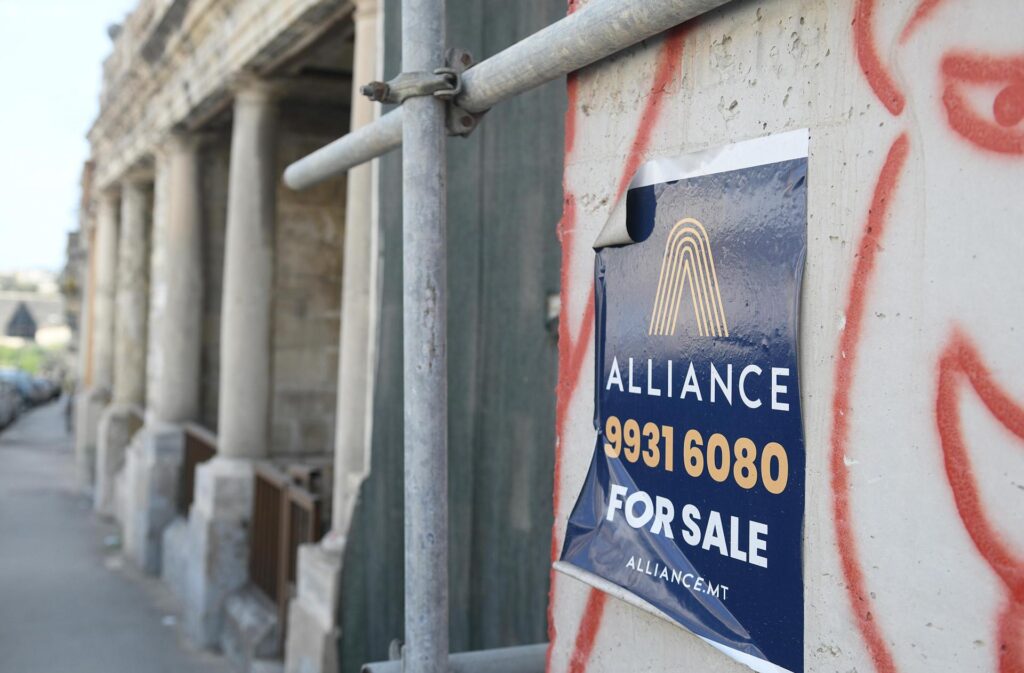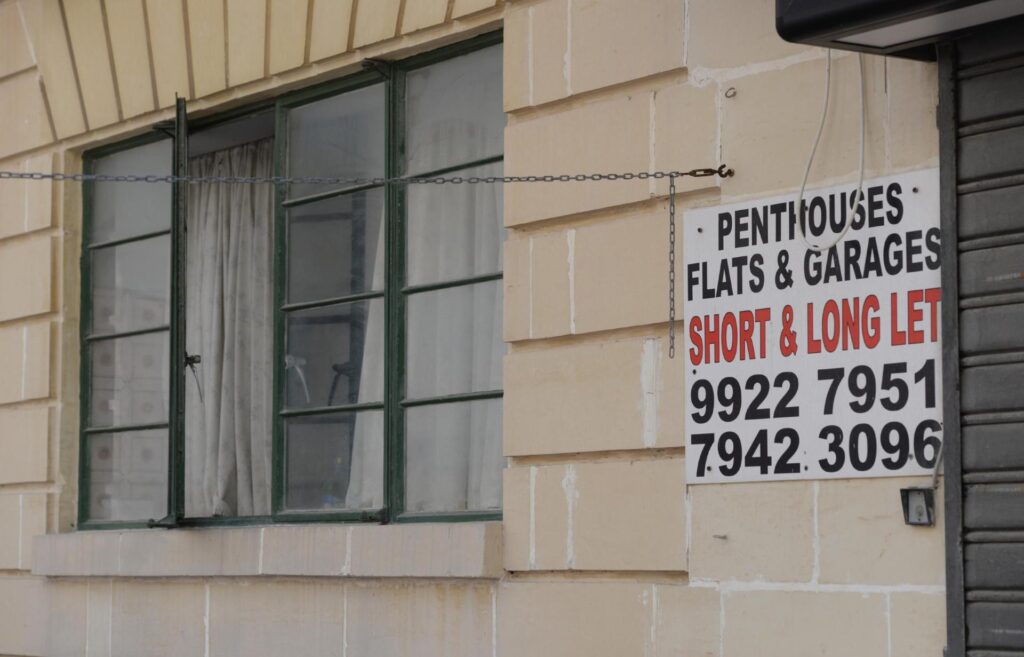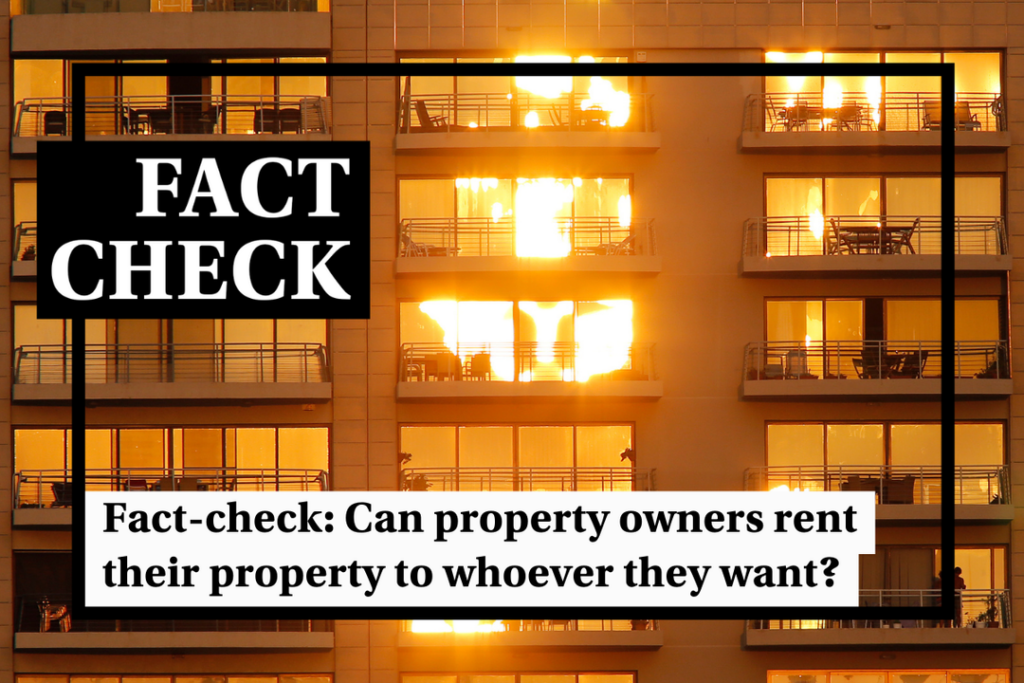An advert for rental apartment in the town of Żebbuġ, posted on Tuesday 6 August, warning that several ethnic minorities need not apply caused outrage.
“No Pakis, Indians, Arabs and Philippines,” the notice said, lest anyone think the property was available to all.
When the news broke, Alliance Real Estate, the agency advertising the property, quietly deleted the advert, admitting that the notice had accidentally let slip a routine request from the property’s owner.
“Some owners decide to restrict certain cultures, nationalities or ages of tenants, others may decide to restrict all pets or certain types of pets,” the agency said, adding that it registers these requests through an internal comments section in its database.

Some fumed at the discriminatory nature of this practice, others argued that a property owner has every right to choose their prospective tenants.
Others still wrote to Times of Malta, arguing that the law allows property owners to handpick to whom they want to rent their property indiscriminately.
Can’t I just rent my property to whoever I want?
It’s not that simple, and with good reason.
Modern history is rife with tales of people being denied access to housing because of their religion, skin colour, nationality or sexual orientation.
There’s no need to look too far from home for examples of this.
In the early 20th century it was Maltese migrants in Australia who were being sidelined, described as “ignorant of all sanitary precautions”.
A century later, the tables have turned, with migrants in Malta frequently bearing the brunt of discriminatory housing practices.
This week’s incident is far from new.
In 2011, another estate agency, Simon Estates, a local estate agency, advertised a rental property in the northern town of Qawra, adding the phrase “no arabs, blacks or young boys (sic)” to the tail-end of the advert. Although it was told off, the agency ultimately escaped punishment.

A study commissioned by Malta’s equality commission just a few months later found that several property owners “are not interested in renting their properties to categories generally referred to as ‘Arabs’, ‘Blacks’ or specific nationalities, including ‘Libyans’ and ‘Chinese’”.
The equality commission told Times of Malta that it intends to “repeat this study so that it provides an updated picture of the situation”.
In any case, it’s clear that the problem has persisted throughout the past decade.
In 2022, one Bangladeshi businessman described how he was left mulling a move away from Malta, his home for almost two decades, after he was repeatedly turned away by property owners because he is “a Muslim man and a third country national”.
What does the law say?
Unsurprisingly, the law has stepped in to stop this sort of discrimination, at least on paper.
A 2007 law, known as the Equal Treatment of Persons Order, prohibits direct or indirect discrimination against people based on their racial or ethnic origin, effectively making it illegal to deny a service (“including housing,” the law says) because of a person’s ethnicity.
The same law also makes it illegal to advertise a service in a way that “promotes discrimination or which is discriminatory”.
What’s more, if there is enough prima facie evidence to suggest that a prospective tenant has been discriminated against, the burden of proof lies upon the property owner, so it is ultimately up to them to convince the courts that they haven’t acted unfairly.
The penalty for breaking this law? A fine of up to 1,000 Maltese Liri (roughly €2,330) and a six-month stint in prison. It is unclear whether any of these punishments have ever been imposed.
But breaking this law won’t land you with a criminal record since it constitutes a civil, not criminal, offence.

While this law, based on the EU’s race equality directive, speaks specifically of race and ethnicity, other tweaks to Malta’s laws – and its constitution – over the years have ensured that discrimination on other grounds, including gender, sexual orientation, and religion, amongst others.
A landmark equality bill, meant to enshrine these protections under a single cap, was brought before parliament several years ago, but appears to have stalled after objections raised by church schools and some medical associations.
Following ‘discriminatory requests’ is also illegal
Still, even without the updated equality bill, advertising a property to prohibit people of certain race or ethnicity remains illegal.
In its response to the news, the equality commission said that the agency’s explanation that the comment was intended for internal use is “a blatant admission that discriminatory and illegal criteria are used and normalised in their services”.
“Furthermore, the claim that they are bound to follow their clients’ discriminatory requests is both illegal and ethically wrong,” the commission said.
But, lawyers say, although Malta’s laws are clear in prohibiting discrimination, things are a little less clearcut in practice, with people finding ways to select their tenants without falling foul of the law.
“In reality, these anti-discrimination laws only really come into play in cases that are blatant,” one lawyer told Times of Malta.
Is it also illegal to prohibit children or pets on my property?
No, property lawyers say that the law doesn’t explicitly speak about this, effectively giving landlords a free hand over whether they are willing to rent out their property to families with children or pets.

In practice, many landlords opt to bar pets from their properties, putting pet owners in a sticky situation when moving from one rental property to another.
This prompted animal welfare commissioner Alison Bezzina to call for the introduction of tax incentives for landlords who rent out pet-friendly properties.
Verdict
Malta’s anti-discrimination laws, like those in other EU member states, make it illegal for a property owner to bar people from certain groups (including ethnic or racial groups) from renting their properties.
If a person feels that they have been unfairly discriminated against, it is up to the property owner to show that they have not acted in a discriminatory manner.
But property owners are free to set their own terms when it comes to deciding whether to allow people with children or pets to rent their properties.
The Times of Malta fact-checking service forms part of the Mediterranean Digital Media Observatory (MedDMO) and the European Digital Media Observatory (EDMO), an independent observatory with hubs across all 27 EU member states that is funded by the EU’s Digital Europe programme. Fact-checks are based on our code of principles.
Let us know what you would like us to fact-check, understand our ratings system or see our answers to Frequently Asked Questions about the service.


